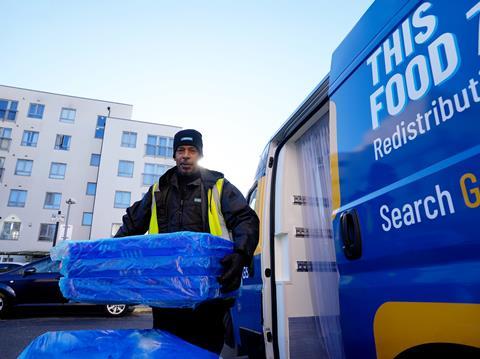
Reducing food waste and increasing use of renewable fuels are among the sustainability targets Greggs has laid out for 2025.
The bakery chain, which surpassed £2bn turnover and 2,600 shops last year, published its latest sustainability report – The Greggs Pledge – to mark the progress it had made in 2024 against its five-year plan launched in 2021 as well as setting clear goals for the end of 2025.
Aligned with UN Sustainable Development Goals, the report is focussed on 10 commitments centred on three pillars: building stronger, healthier communities; making the planet safer; and becoming a better business.
Greggs highlighted that it had made significant progress in tackling food insecurity last year, opening its 1,000th Greggs Foundation Breakfast Club which offers free breakfasts to over 75,000 schoolkids nationwide every school day. The company also hit a milestone of donating the equivalent of one million meals to FareShare during its ten-year partnership and expanded its network of Outlet shops to 38, providing affordable food in areas of social deprivation.
In 2025, Greggs is to maintain its support of the Breakfast Club programme ahead of the transition to universal provision announced by the Government, and open seven more Outlet shops. In addition, it will increase unsold food redistribution to 47% compared to 45% last year, when it successfully trialled light van collections of surplus food.
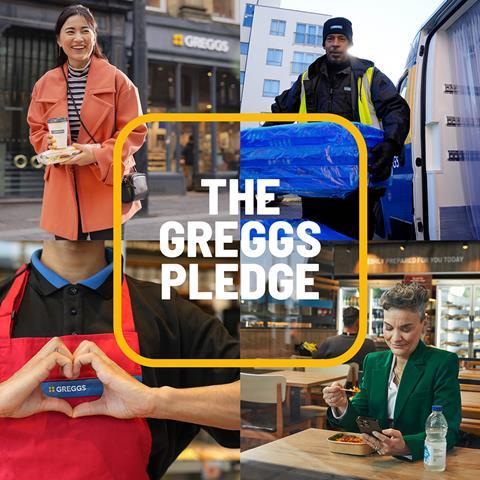
The ‘Healthier Choice’ products – such as the Mexican Bean & Spicy Cheese Flatbread and the Festive Flatbread rolled out in 2024 – are to be kept at 30% of the overall range at stores. Greggs is looking to have the last two remaining own brand packaging join the rest in being ‘easily recyclable’, and is targeting to use 25% less packaging, by weight, than it did in 2019 by the end of this year via an ongoing move to bulk supply or reusable containers.
Last year, Greggs converted its Enfield distribution depot to use hydrotreated vegetable oil (HVO) as a diesel replacement, and said it was looking to increased HVO use by its fleet to 30% of fuel requirement. Two-thirds of the gas used across operations in 2024 was from renewable sources, it said.
The company is planning to continue its rollout of existing Eco-Shop (‘shop of the future’) design elements across 30% of its estate, having reached 27% (over 700 shops) in 2024. It is now using wheat from regenerative farmed sources in its wholemeal bread, and will also continue to work with meat, egg and dairy suppliers to move 100% of soy in animal feed to sustainable sources by year end.
A Responsible Sourcing Strategy is to be launched this year followed by annual progress reporting, and the bakery brand is also aiming to secure and maintain Tier 1 in the BBFAW Animal Welfare standard and ensure stocking densities of a maximum of 30kg/m2 are achieved for 100% of its chicken sourcing.
“We’re extremely proud of The Greggs Pledge, which focuses our business on making meaningful impact where it matters most,” commented Greggs CEO Roisin Currie. “We’re delighted to be on track with the majority of our targets and remain committed to evolving our initiatives based on new insights and stakeholder priorities.”
Currie revealed the company was “now shaping the next phase of The Greggs Pledge to drive even greater impact” and would be redefining its goals for the next five years. “Our full roadmap will be outlined in our next Sustainability Report, set for release in 2026,” she added.



















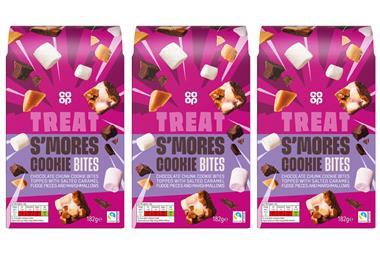
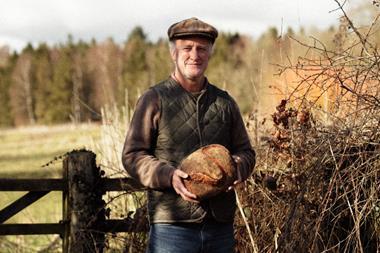
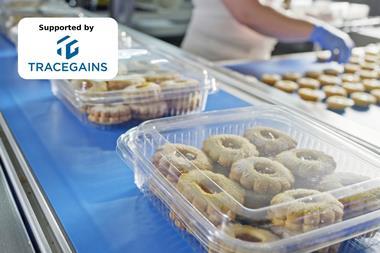
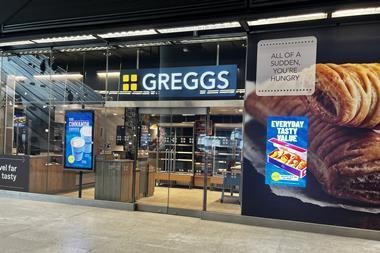
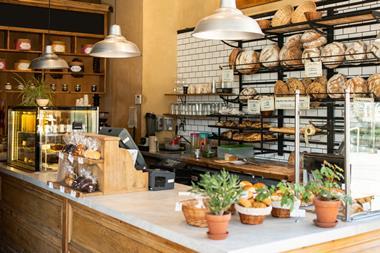
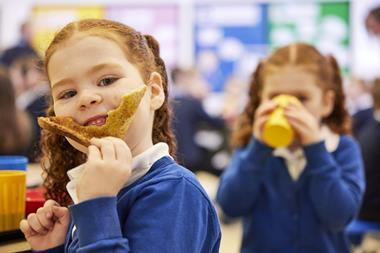
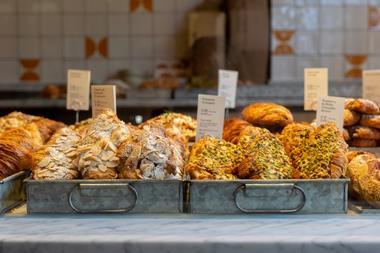
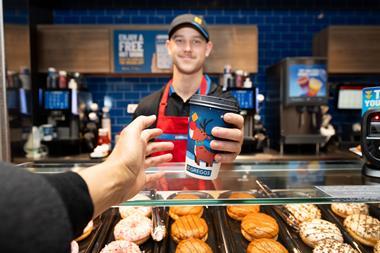
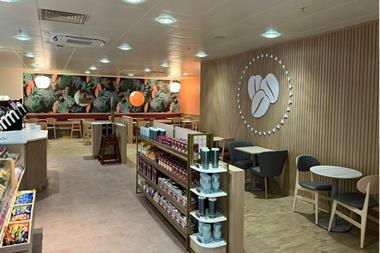


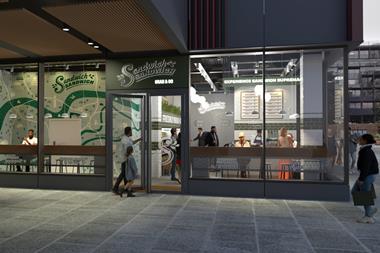

No comments yet